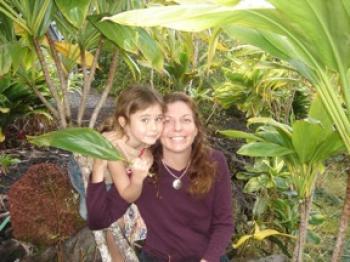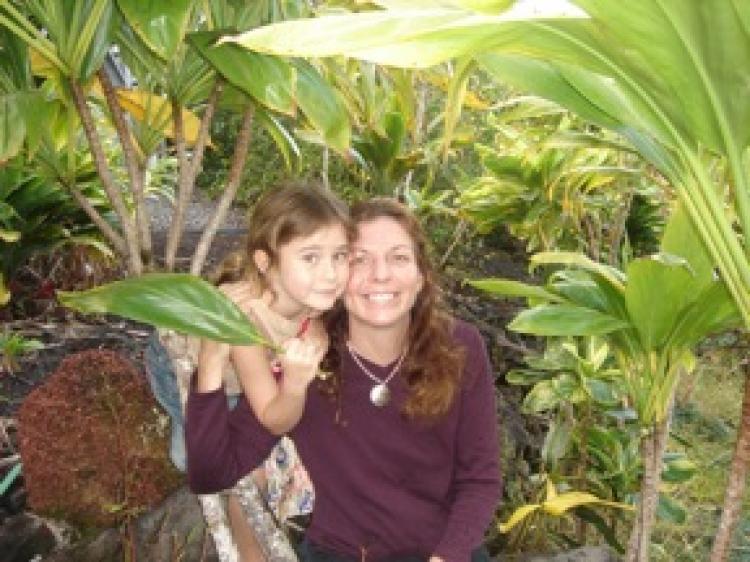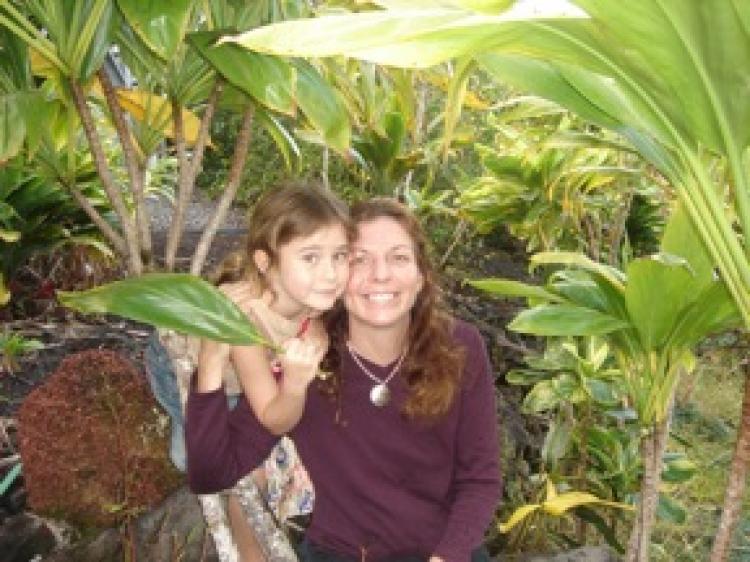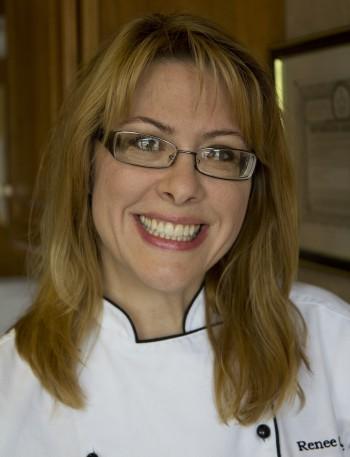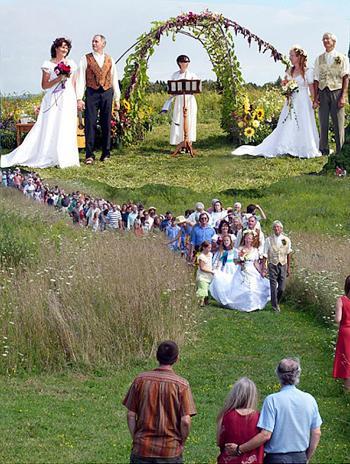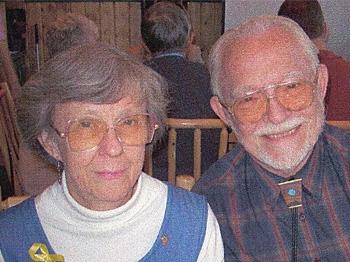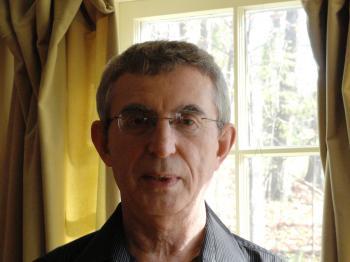[xtypo_dropcap]A[/xtypo_dropcap]ccording to communication theory, when dissimilar people or cultures begin to communicate, they become more alike.
“We are alike, though we think we are different,” says Kalama Becker, whose Ph.D. thesis carries the sub-title: The Case of Brazilian Immigrants in Japan.
When she told her thesis adviser that she is one-of-a-kind, and that she marches to her own drummer, he cautioned, “You may be a pioneer, but you know how we find pioneers on a trail with arrows on their backs.”
Kalama was born and raised in Buffalo, NY, till she was 19.
Her mother still lives in the house. In her teens, three events woke her up.
She says, “I was run over by a truck. I rode solo from Buffalo for 9,000 miles, including 22 states, to Mexico and back. I searched for my birth mother—Shirley and Richard Becker were not my biological parents.”
Later, when she met her biological mother, Kalama heard the story of why Jayne, at age 42, gave her baby up for adoption.
In the ‘70s fashion, in their open marriage, Jayne had a child by someone other than her elderly husband whom she did not want to burden.
Ironically, within a week after Jayne gave Kalama up, her niece was born, and the child gave such joy to the elderly husband that Jayne regretted having given her own child away.
Kalama and her own child, Malia, come to EcoVillage in the warm season. The rest of the year they live in Hawaii, where they have a house, and Kalama teaches in the University of Hawaii’s Department of Communication.
“In Hawaii, there are fewer good schools; the education system is bad with low test scores, and violence. Driving Malia to school each day means over three hours in a car,” she says.
When Kalama discussed the role of women, I thought of Tennyson’s couplet: ‘For men may come and men may go, / But I go on for ever.’
Kalama says, “The legacy of mothering goes forward and backward over time. Women are more present.
“At 38, Malia came along. Yahoo! She is finally here. I was waiting for her. Malia’s father is part Sioux. Malia has yet to meet him, or her Sioux grandmother.
“He is coming to EcoVillage to meet Malia who is very excited about finally meeting him.”
Malia’s Story, as told by Kalama
Her father is part Sioux, and Malia has yet to meet her paternal grandmother, who is Sioux.
Kalama says, “When Malia was two-years-old, and heard Sioux being spoken in Dances with Wolves, and she sat up on the edge of her chair, straining to hear—was her genetic imprinting awakened? Or, it could have been that Malia heard a new language.
“A psychic once told my birth mother that I had sight (meaning second sight). Malia’s great grandmother used to call her grandson Honevei (meaning ‘One who sees’). So Malia has it big time—a double whammy!”
Malia has two living grandmothers, and is about to meet the only father she will ever have.
For both Kalama and Malia, EcoVillage feels like family. For Kalama, unlike Buffalo where she grew up in a working class neighborhood, she finds the people here at EcoVillage to be educated, open minded, liberal, and sensitive.
“We are alike, though we think we are different,” says Kalama Becker, whose Ph.D. thesis carries the sub-title: The Case of Brazilian Immigrants in Japan.
When she told her thesis adviser that she is one-of-a-kind, and that she marches to her own drummer, he cautioned, “You may be a pioneer, but you know how we find pioneers on a trail with arrows on their backs.”
Kalama was born and raised in Buffalo, NY, till she was 19.
Her mother still lives in the house. In her teens, three events woke her up.
She says, “I was run over by a truck. I rode solo from Buffalo for 9,000 miles, including 22 states, to Mexico and back. I searched for my birth mother—Shirley and Richard Becker were not my biological parents.”
Later, when she met her biological mother, Kalama heard the story of why Jayne, at age 42, gave her baby up for adoption.
In the ‘70s fashion, in their open marriage, Jayne had a child by someone other than her elderly husband whom she did not want to burden.
Ironically, within a week after Jayne gave Kalama up, her niece was born, and the child gave such joy to the elderly husband that Jayne regretted having given her own child away.
Kalama and her own child, Malia, come to EcoVillage in the warm season. The rest of the year they live in Hawaii, where they have a house, and Kalama teaches in the University of Hawaii’s Department of Communication.
“In Hawaii, there are fewer good schools; the education system is bad with low test scores, and violence. Driving Malia to school each day means over three hours in a car,” she says.
When Kalama discussed the role of women, I thought of Tennyson’s couplet: ‘For men may come and men may go, / But I go on for ever.’
Kalama says, “The legacy of mothering goes forward and backward over time. Women are more present.
“At 38, Malia came along. Yahoo! She is finally here. I was waiting for her. Malia’s father is part Sioux. Malia has yet to meet him, or her Sioux grandmother.
“He is coming to EcoVillage to meet Malia who is very excited about finally meeting him.”
Malia’s Story, as told by Kalama
Her father is part Sioux, and Malia has yet to meet her paternal grandmother, who is Sioux.
Kalama says, “When Malia was two-years-old, and heard Sioux being spoken in Dances with Wolves, and she sat up on the edge of her chair, straining to hear—was her genetic imprinting awakened? Or, it could have been that Malia heard a new language.
“A psychic once told my birth mother that I had sight (meaning second sight). Malia’s great grandmother used to call her grandson Honevei (meaning ‘One who sees’). So Malia has it big time—a double whammy!”
Malia has two living grandmothers, and is about to meet the only father she will ever have.
For both Kalama and Malia, EcoVillage feels like family. For Kalama, unlike Buffalo where she grew up in a working class neighborhood, she finds the people here at EcoVillage to be educated, open minded, liberal, and sensitive.

